When your bathtub drains slowly, it may go undetected at first. Eventually, the situation will worsen until your bathtub experiences severe drainage issues. Many homeowners may not take immediate action on a slow-draining bathtub. Yet, you should address the problem immediately since pooled stagnant water can breed germs and bacteria.
Several issues can create blockages in your pipes and cause a slow-draining bathtub. Clogs most commonly occur directly in the shower drain. Over time, hair, dirt, and soap scum shape a substance that creates blockages in your drain. As the debris accumulates, you will notice the bathtub draining slowly and inefficiently.
A slow-draining bathtub is a nuisance. Fortunately, a professional plumber can help you fix the problem and remove whatever the obstruction is. Typically, the bathtub won’t drain because of several reasons. Here are the five possible explanations for a bathtub draining slowly:
1. Clogged bathtub drain
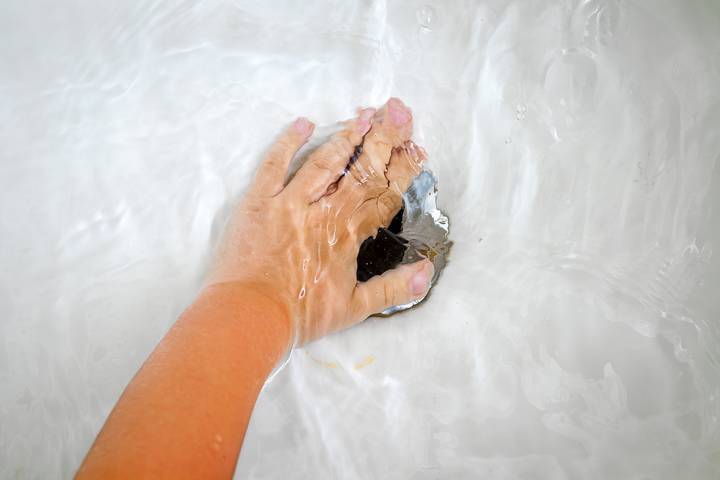
A clogged drain is the likeliest reason why your bathtub drains slowly. As you shower or take a bath, hair, dirt, skin flakes, and soap scum will get washed down into the bathtub drain. Over time, this debris accumulates and compromises the water flow.
Likewise, there may be a larger object lodged in the bathtub drain. You may have accidentally dropped hair elastics, razor covers, or everyday bathroom items. If you have small children, maybe your kids unknowingly shoved a bath toy or other objects into the drain. These items can cause massive disruption to your plumbing network, so they should be addressed immediately.
2. Hair in bathtub drain
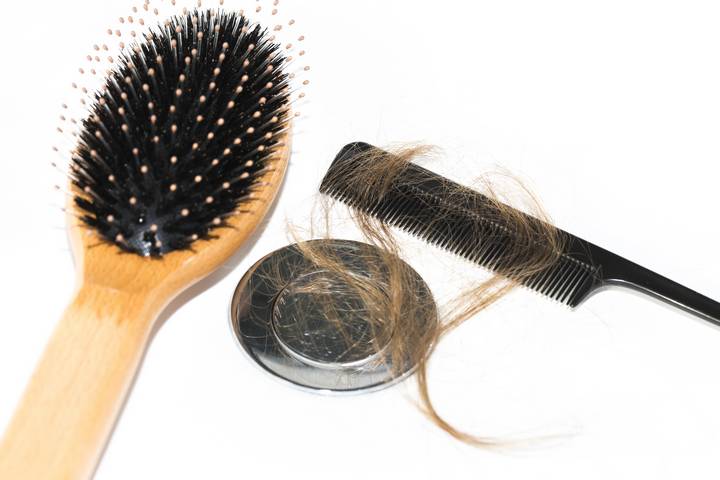
Hair is a leading cause of a slow-draining bathtub. When you shower and wash your hair, some of it will fall off naturally. It is especially likely to happen when you have long hair. While using a bathtub hair catcher reduces the problem, some bits and strands will inevitably wind up in the drain. Over time, the bathtub won’t drain if your clusters of hair accumulate too much.
The easiest solution is simply cleaning the drain. Put on a pair of gloves and use your hands to remove the hair clumps manually. While not the most appealing task, it will clear away the first line of obstruction. Clean this regularly to ensure the hair clumps do not build up over time.
Another way to dislodge a blockage in your tub is by using a plunger. Plungers use force created by suction to clear blockages. You may add Vaseline to your plunger’s rim to create a better seal around your tub. Also, try submerging the head of the plunger in water, which produces additional suction pressure. If you’re struggling to maintain a strong seal, put a piece of tape across the stopper to make a complete seal.
3. Bathtub soap scum
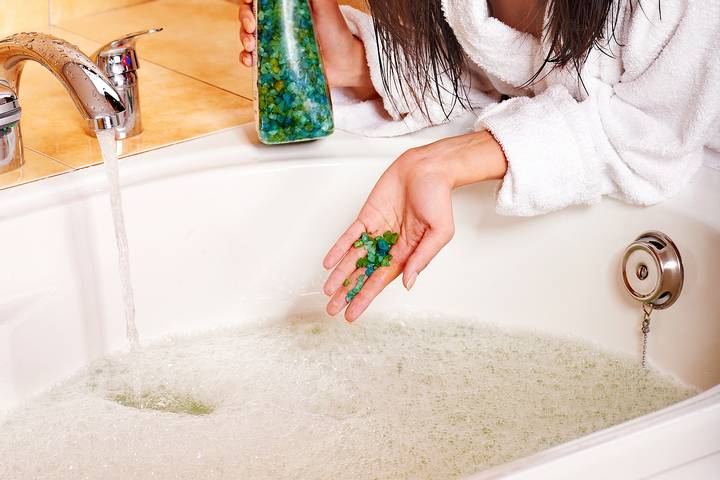
Who doesn’t love an enjoyable bubble bath now and again? Bath soaps are a relaxing way to unwind after a stressful week. However, overdoing it can lead to soap scum build-up in the pipes. Gradually, the accumulated soap scum causes a slow-draining bathtub.
You can troubleshoot a clogged bathtub with boiling water. The water will break down substances that form minor clogs, such as soap scum, dirt, and grease. Boiling water will work significantly better than water that is just hot. Start with at least 4 cups of water and see if it makes a difference.
Another alternative is using baking soda and vinegar. Its chemical reaction may break the debris from your clogged drain. First, add baking soda directly down the bathtub drain. Next, pour the vinegar and let the mixture foam for about five minutes. The amount of baking soda and vinegar you need depends on how severely your drain is clogged. After letting the baking soda and vinegar sit for five minutes, run the hot water to help flush the drain.
4. Septic tank backing up into bathtub
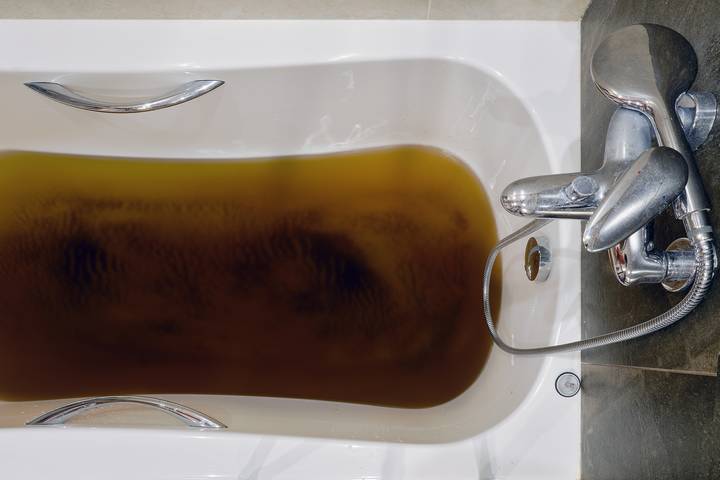
If you have a septic tank, a septic system backup may be the culprit for your slow-draining bathtub. Typically, your home’s plumbing system transports the waste out of your household safely. When there is a clog, it struggles to find a way out and escapes through your bathtub instead.
Septic backup is known to carry plenty of bacteria with adverse effects on your health. It’s a complex problem beyond what you can handle with basic home remedies. You should ask a plumber to fix this issue as soon as possible.
5. Lack of bathtub maintenance
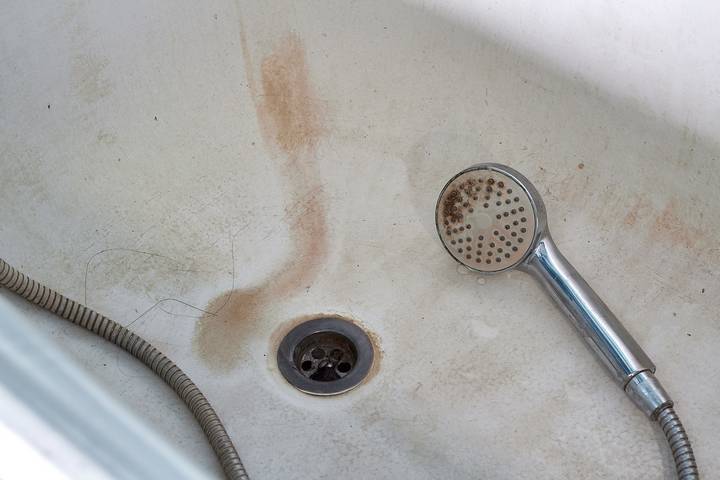
Your bathtub has a sturdy design that can last for many years. Nonetheless, this fixture suffers natural wear and tear over time. Its physical deterioration may accelerate faster if you don’t perform regular maintenance. Make a habit of inspecting your bathtub for slow draining, leakages, or other plumbing problems. Doing so may prevent long-term issues from manifesting and increase the longevity of your bathtub.
Reach out to a well-established plumber to examine your bathtub and other fixtures in the household. This plumbing inspection is an excellent way to detect minor issues before they escalate into severe problems in the future. The Whitby plumber can help fix the clogs and provide preventative measures.



